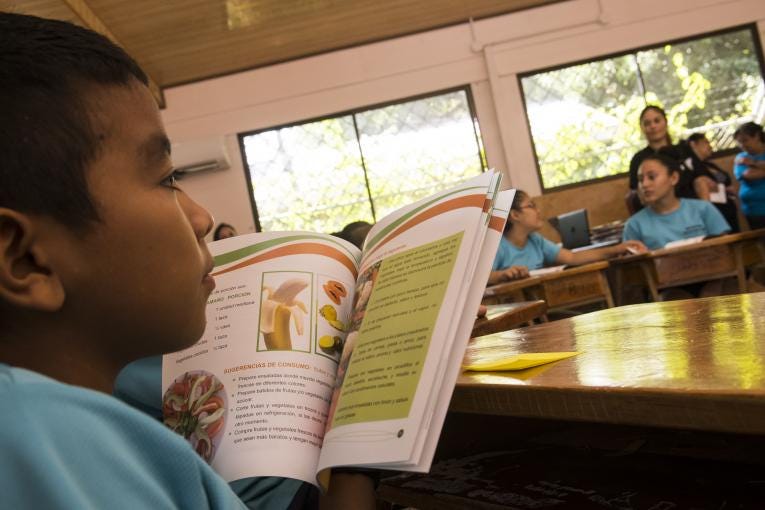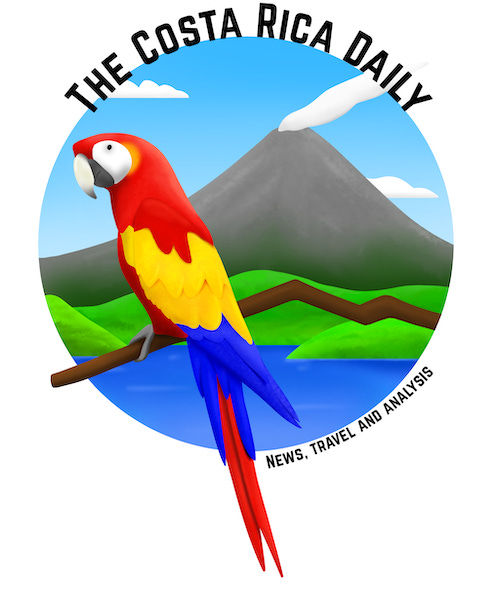School closures expose inequality in Costa Rica
Public schools must close; private schools will not.

The Education Ministry on Monday announced Costa Rica’s public schools will be suspended from May 24 until July 12 due to Covid-19.
Instead of transitioning to a hybrid model, public schools will close entirely. Authorities say this is due to the 400,000-plus students who don’t have internet connectivity and thus cannot attend virtual classes.
Similarly, when Costa Rica first adopted virtual learning last year, at least 410,000 students at public schools never activated their online accounts.
The coronavirus pandemic will have innumerable long-term consequences in Costa Rica, and its impact on education will be among the largest.
At Costa Rica’s private institutions, a popular choice for many of the country’s wealthier families, the reality is much different.
Unlike at the public system, Costa Rica’s private schools have not suspended their lessons and will instead switch to virtual learning, a privilege afforded by their upper-class student body.
Tuition at these schools can cost $10,000 per year — an extraordinary sum in a country where the median household earns about $1,250 per month. These fees pay for the tablets and laptops that are loaned to students, and for the online platforms that facilitate distance learning.
This isn’t an indictment on private schools; they, like the rest of us, are making the best of a difficult situation. But in Costa Rica, the private system can continue to offer wealthy families a high-quality education, while most Ticos will receive none.
The coronavirus pandemic has exposed inequities in Costa Rican society that weren’t all that hidden in the first place.
According to an OECD report from 2016, “income inequality in Costa Rica is high by international standards” and has increased in recent years. Education quality varies “considerably” across socio-economic groups, with worse results “highly concentrated among low-income households.”
The pandemic has further highlighted the stark gap between Costa Rica’s rich and everyone else.
The wealthy can afford a bed at a private hospital when they get sick; everyone else must wait for a spot at the overfull public system. The wealthy can travel to the United States for a vaccine; everyone else must wait their turn here. The wealthy can continue to learn; everyone else must wait nearly two months for classes to resume.
And the impact of these inequalities may be felt for years to come.
Support The Costa Rica Daily
The Costa Rica Daily is 100% ad-free. We can only exist with your support:


